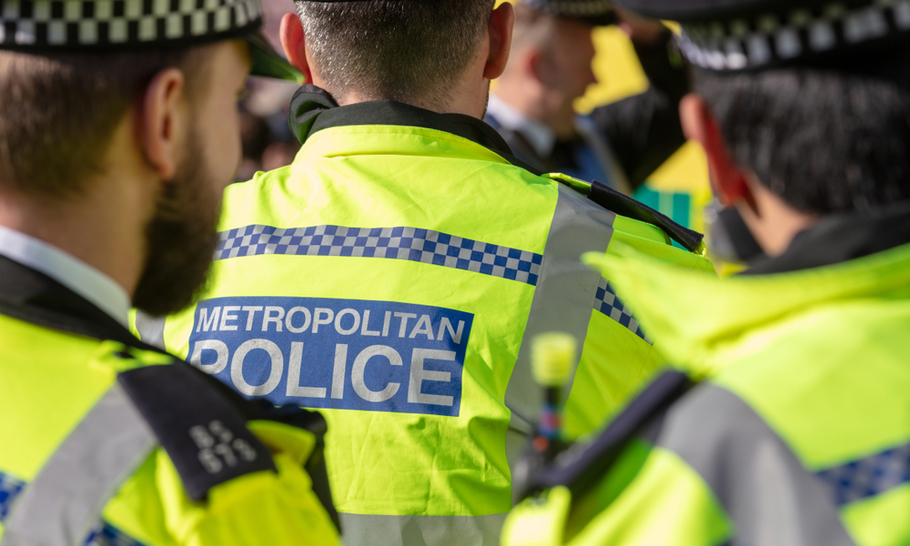Boris is recruiting 20,000 new police officers. But what, exactly, will they do?

To the Tory heartlands, the sound of a prime minister thumping a lectern as he promises to recruit 20,000 new police officers to deal with the scourge of criminality and antisocial behaviour on the streets of Britain should be as sweet as birdsong.
Order, after all, is supposedly what Tories do best, along with fiscal responsibility. But this is no ordinary Tory government, and its supporters shouldn’t be popping champagne corks just yet.
Plenty have also praised the new government for what they see as the return of a classical liberal tradition to Downing Street. The appointment of free market-lovers, like Sajid Javid and Liz Truss, to prominent positions, has been taken as a sign that the new regime is now bent on freedom. That, after all, was the point of voting to leave the European Union, was it not? Freedom from the shackles of nanny statists and bureaucracy?
But again, a note of caution should be sounding among the free market think tankers and everyone else yearning for less state interference.
Boris Johnson is a political survivor. That may mean he will bat lashes at liberty where it suits, but he may also flutter at authoritarianism. One need only look at his plan to introduce water cannon to the capital while mayor of London to see this.
Water cannon aren’t what you expect to see on the streets of England. France, sure. And over the Channel there have been plenty of recent examples of les gendarmes employing overly heavy-handed tactics against the gilets jaunes on the streets of Paris and beyond. And that was, initially, only over fuel tax hikes, that then spiralled into broader complaints over the widely diverging paths of French culture. The sort of complaints at the heart of the Brexit movement.
Britain finds itself heading, rather rapidly, toward No Deal. Were it to happen, it would see the marrying together of two very different types of discord: the political, from those determined to remain inside the EU – and the as yet unknown quantity of the practical: those materially, physically affected by the consequences of a failure to reach an accord. If that isn’t a recipe for civil unrest, I’m not sure what is.
What better opportunity, then, for the new prime minister to announce the arrival of police reinforcements, coupled with a new home secretary only slightly to the left of Genghis Khan on matters of state-sanctioned retribution?
For though the implication for new police is clear — to deal with the relatively low scourge of knife crime and violence in central London — the prime minister, and the home secretary for that matter, have yet to delve into what, exactly, the new fuzz will be up to. There have been no announcements on a major change of policing policy. Sure, there have been murmurs about new ‘stop and search’ drives. But at the moment, stopping knife crime isn’t what comes to the forefront of most people’s minds when they think about the Old Bill.
Because crimes of a different nature — hate crime, committed through the prism of hate speech — is as much a priority for police as actual crime. This amounts to political policing, arresting, cautioning, or prosecuting people for their use of language, which, necessarily, stems from their ideas and views. And the thing is, on Brexit, people tend to have rather a lot of views, which can very easily spill over into bile. And, as we are increasingly seeing, into physical protest.
So what might be in store for the 20,000 new police officers? There will be a drive to tackle, and to be seen to be tackle, real crime, of course. It’s an essential part of the rhetoric of ‘taking back control’ of the country — not just from Brussels, but in general. But not all crime involves knifes, hoodies, drugs and scrambler bikes. With a year of profound political uncertainty ahead of us, there will almost certainly be ample opportunity to see the new officers on days out in the capital. The question is, will we see them resplendent, walking two by two, down the Mall, up Shaftesbury Avenue, and through Trafalgar Square, smiles on their faces, custodian helmets on heads, with hands clasped firmly behind their backs?
Or will those smiles be hidden behind visors and riot shields?




